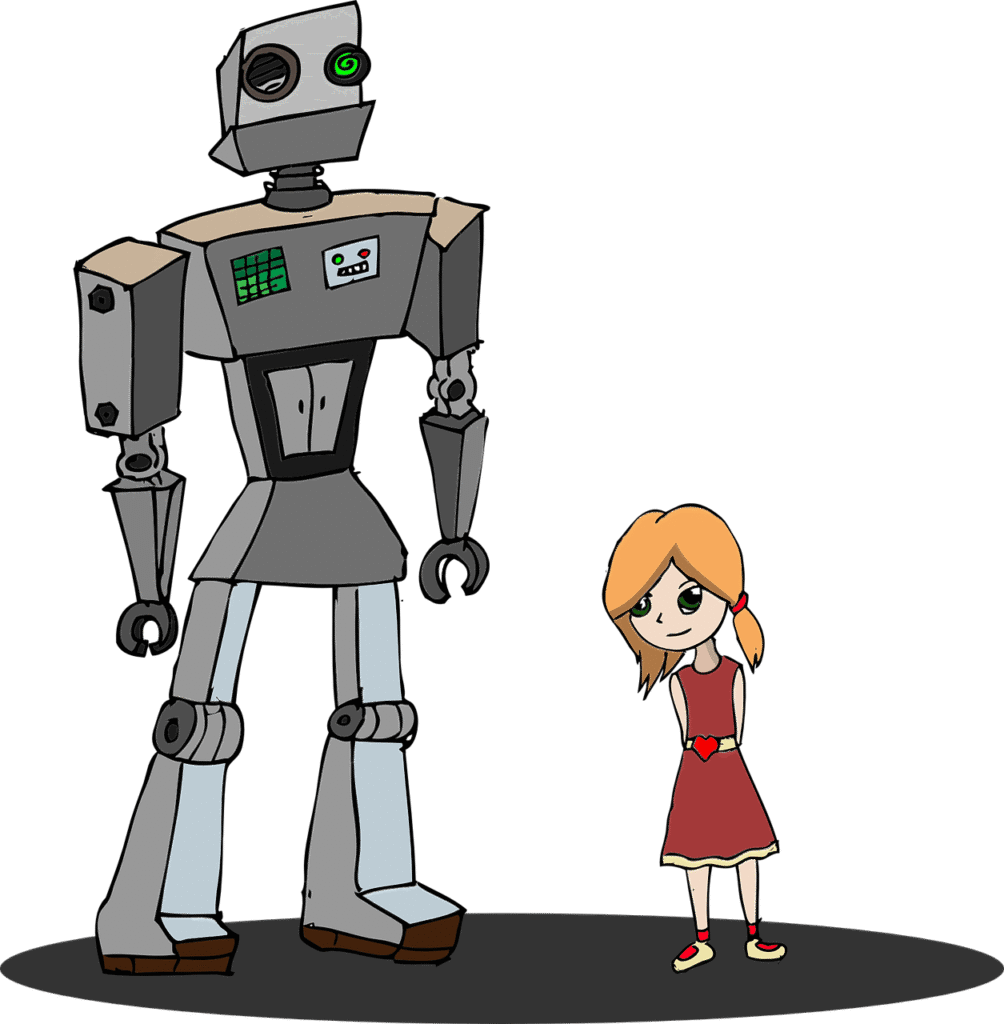3.2 billion people remain offline. The next billion to connect won’t be from New York or London—they’ll be from rural Africa, Southeast Asia, underserved cities.
So why are we still designing tech for the 1%?
Human-centered technology asks a better question: not what’s profitable, but what’s possible—for everyone.
Tech isn’t about gadgets. It’s about people.
From mobile banking for the unbanked to offline-first education apps, tech that changes lives is built on empathy, not ego.
Empathy isn’t just a buzzword—it’s a design principle.
Think about this: a farmer with no internet still has needs. A student in a low-bandwidth village still has dreams.
If we don’t include them, we leave behind most of humanity.
As someone who’s worked in both high-tech labs and low-connectivity classrooms, I’ve seen the gap.
And more importantly, I’ve seen the opportunity.
Human-centered design means creating with the user, not just for them.
It means building tools that are relevant, resilient, and respectful.
A sleek app means nothing if it ignores the user’s reality.
Design for human experience. Design for cultural relevance. Design to serve—not impress.
Because innovation isn’t about speed. It’s about direction.
Design for human experience. Design for cultural relevance. Design to serve—not impress.
Because innovation isn’t about speed. It’s about direction.
Design is not just what it looks like and feels like. Design is how it works.”

No matter great the technology, it shall serve humans to have sense and purpose.
Tech can empower the human for good
And the right direction? It starts with people.
It starts with listening before coding.
It starts with testing in real environments.
It starts with humility.
Tech can liberate. But only if it sees the invisible.
If you’re building tech, ask yourself: Who does it empower?
Because the next billion users aren’t waiting for your code.
They’re waiting for your care.
Let’s build platforms that create jobs, tools that solve real problems, and systems that include the unheard.
The future of tech isn’t in our pockets. It’s in our principles.
Let’s make that future accessible.